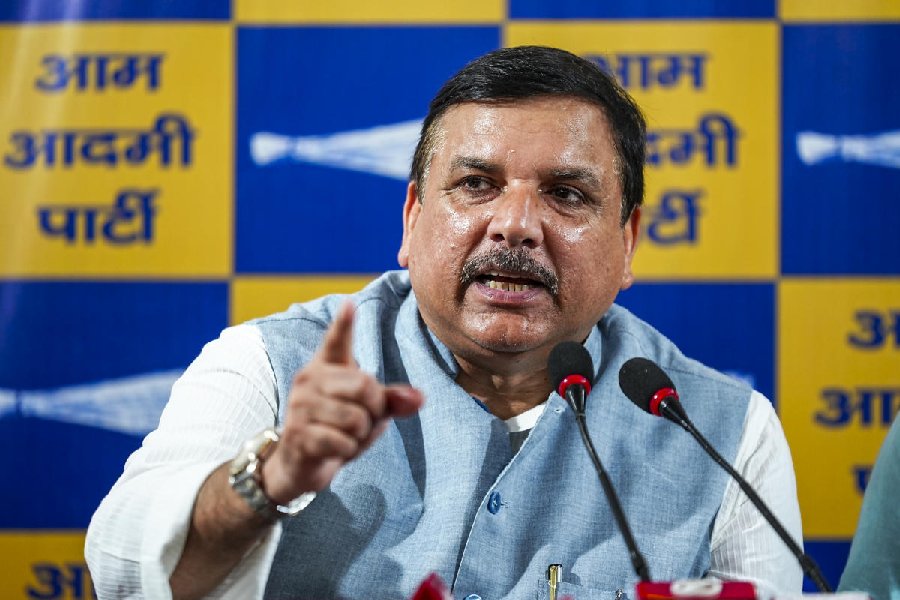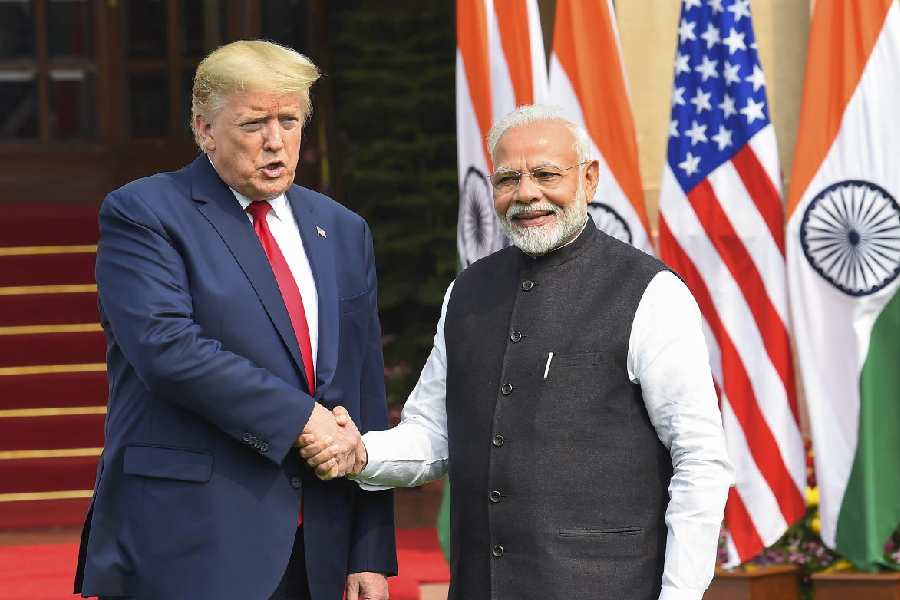 | Guest Column Sujit Mahapatra |
There is an emergency in the state of Odisha today. No, it’s not a cyclone or flood or a drought, and probably that’s why we do not recognise how alarming the situation is. The Annual Status of Education Report (Aser), 2011, reports that in Odisha, 60 per cent of students in Class V cannot read textbooks meant for Class II. The situation has worsened from 2008, when the number was 40 per cent. And we are not talking about out-of-school children here. It is small consolation that the national figure is a little over 50 per cent.
The World Bank Document on Learning Achievements in Grades IV and V in Odisha also corroborates the Aser finding that “children do not master basic literacy and numeracy even after four and five years of schooling”. It also points out that the amount of incremental learning taking place in each grade was very low.
This is a serious problem because reading is the basis of most learning. However, most parents, teachers and other “well-wishers” do not realise the significance of a reading skills and habit.
I volunteer with Bakul Foundation that seeks to promote reading through its children’s libraries, and very often, I am frustrated to see the lack of importance given to reading. But when I find it most depressing, I also feel that if it’s that frustrating, then it’s all the more reason for us to continue to work on it. One mother, whose child used to visit our library regularly, said she understood the value of reading, but she not convince others of the long-term benefits of reading when her son did not fare well in his exams. I feel the biggest competition for reading is not TV or computers, but private tuition and the popular notion of what is good education for children. The fact is, children are given very little time these days to do things that please them and that includes reading.
Very often, people do not notice the consequences of the inability to read. The reading cell of the NCERT says: “It is unfortunate that millions of children learn reading every year, but a large number of them fail to achieve lasting reading skills. Failure in achieving sound reading skills may be a factor for a child to drop out of school and thus stands as a barrier in the universalisation of elementary education.” As such, the children are unable to reap the benefits of education and the opportunities it offers. We have not appreciated the fact that developing reading skills could have altered things.
Even if one has reading skills, the lack of a reading habit becomes a major impediment later in life. For instance, many young people have discovered much to their dismay after graduation that if they want to do an MBA or get placed in an IT services company such as Infosys, they have to work on their reading skills (though in English). Whether we like it or not, we are living in a print and not an oral culture. The global society is depending increasingly on literacy as a major factor for progress. Even when we are moving into a digital age, the digital world relies heavily on the written text. And reading is so fundamental to learning itself. It helps in the development of other skills such as listening, speaking and writing, and it is primarily through reading that one learns or consolidates what one has learnt.
Reading is also self-empowering, as it makes a child into an independent learner, and apart from creating lasting interest in learning, it increases confidence in a child. Many inspirational biographies talk of how a reading habit had a transforming effect in the making of a great personality. Andrew Carnegie, one of the world’s richest persons and among the greatest philanthropists in the mid 19th and early 20th century, spent most of his wealth in creating libraries and promoting reading. Carnegie’s life as a working class person changed when he used a library to educate himself.
Developing an interest in reading in a child is real capacity building because if one creates an interest for books in a child and provides access to books, the child can take care of herself or himself. Particularly, in the case of neo-literates, they can become permanently literate and there—by partake of the fruits of education only if they take to reading, which consolidates their learning. Otherwise, they relapse to illiteracy.
Reading of course is fun learning as one enjoys stories, and it also develops the imagination, say many experts. Reading can create sensitive citizens, who are more tolerant of differences. Reading also leads to active citizenship since a reading public is also an informed public.
Most state pronouncements on school education in the recent years have emphasised the significance of reading and the need to teach reading. The National Curriculum Framework 2005 emphasises: “The school does need to pay special attention to reading.” The NCERT says: “The need to develop a programme to promote reading amongst children has been felt for a long time. Though reading has been recognised as a key component of a sound educational programme, no viable plan is in place…it is a matter of serious concern to educationists why reading has remained passive and perfunctory in the school curriculum.” The National Knowledge Commission set up by the Prime Minister to show the way for India to become leaders in a knowledge economy, recommends a move away from rote learning not merely to ease the pressure on children, but because it recognises the greater need in children on understanding and accessing knowledge independently. Hence, it recommends the setting up of libraries.
What I find most ironical, however, is that we keep repeating that the three Rs are fundamental to education, but hardly any attention is given to reading and writing. We do not promote them. In every field (be it management, engineering, academics, politics or law), we expect the educated person to “think out of the box”. But our education has always taught us to “think within the box”. Reading, therefore, is extremely important to promote as it develops the imagination and helps in out-of-the-box thinking. And it is when we have readers that we have informed and active citizens, which is necessary for a vibrant democracy.
This can happen only when we promote independent thinking and learning in children and help them give wings to their imagination, which would happen primarily through a reading habit.











